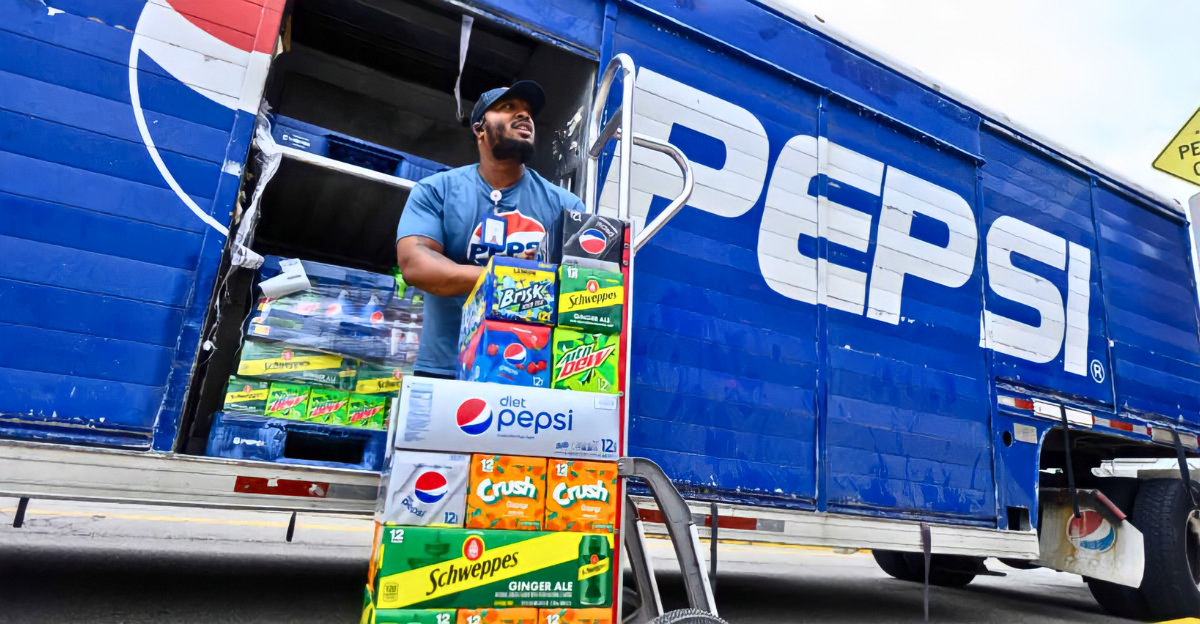
When workers at PepsiCo plants across the Midwest arrived in late 2024, they found locked gates and notices of job termination.
This marked the start of an unusual wave of factory closings. With little warning, the company shut down plants in Detroit, Chicago, Cincinnati, and other cities. Hundreds of workers had to quickly pack their belongings while being escorted out of the buildings.
Union leaders described scenes where long-time employees discovered their jobs were gone overnight. These sudden closures led to legal actions and anger from local communities across the industrial Midwest.
Economic Impact
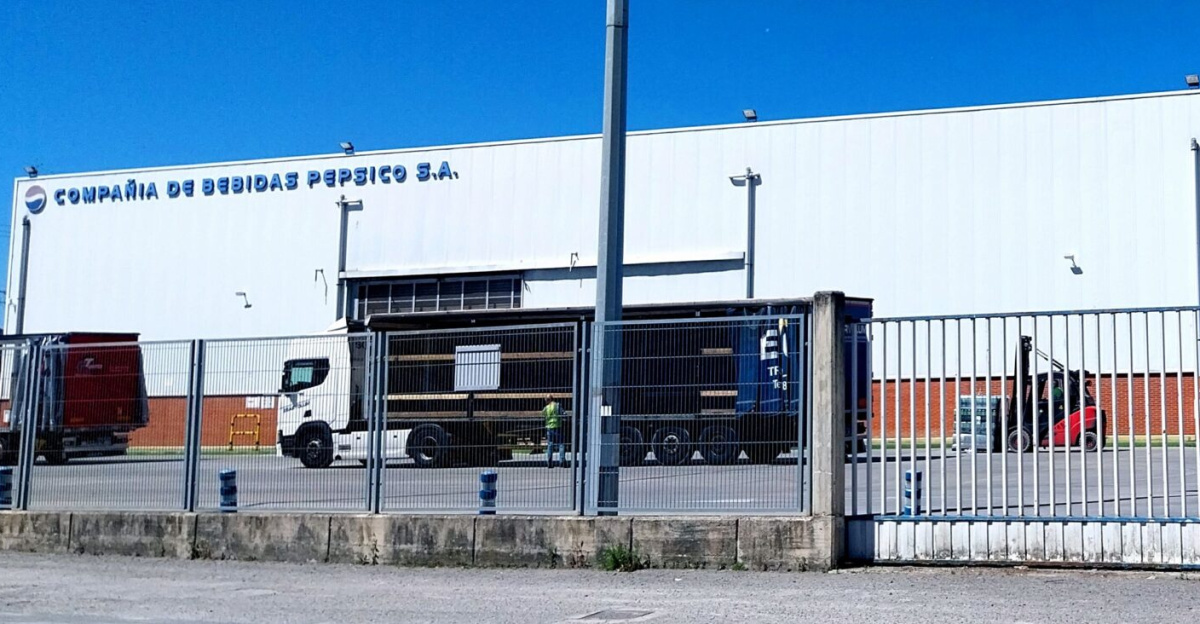
Losing jobs at PepsiCo’s factories is hurting local economies that are already facing difficulties. In Michigan, the unemployment rate hit a shocking 5.5% in March 2025, making it the second-highest in the country.
Local job offices have seen more unemployment benefits claims, as many families lose stable factory jobs that provide financial security. Over 400 workers are directly affected by these closures, and nearby businesses and suppliers also feel the effects.
Corporate Strategy
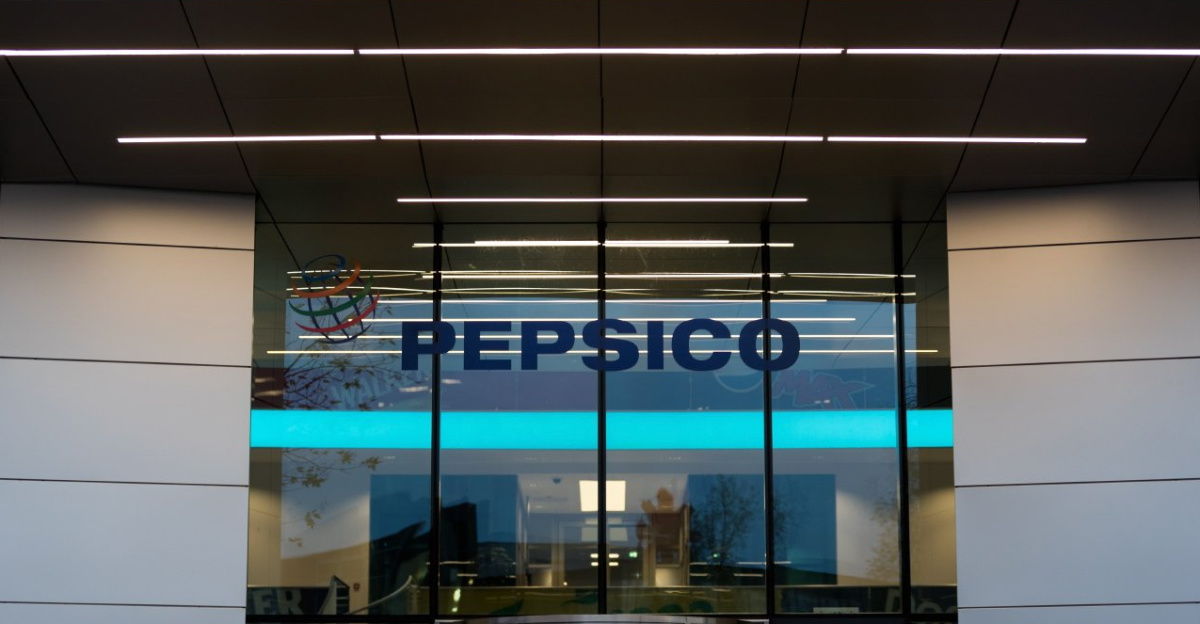
The plant closures are part of PepsiCo CEO Ramon Laguarta’s plan to improve efficiency by using more automation and streamlining operations. The company has been shutting down older factories and investing in new technology to make its manufacturing more efficient.
Experts say this is part of a longer effort to cut costs and adapt to declining soda sales and rising expenses. This move fits into a larger trend in the industry where companies combine and modernize to stay competitive.
Consumer Shifts

More consumers now prefer healthier drinks and spend less on non-essential items, which has lowered demand for PepsiCo’s traditional products.
Sales of beverages in North America have dropped recently, and snack sales are also affected by inflation and changing tastes. Analysts say that these shifts toward healthier drinks and snacks mean PepsiCo needs to change its operations, not just make temporary fixes.
Multiple Closures

Since 2024, PepsiCo has shut down several factories across the U.S., ending decades of production at some sites. These include the Detroit plant, which had 83 layoffs; the Chicago bottling plant, affecting over 150 workers; Cincinnati, with 136 jobs lost; Harrisburg, Pennsylvania, with 127 layoffs; Atlanta, Georgia, affecting fewer than 50 workers; and the Liberty, New York PopCorners facility, impacting nearly 300 employees.
The company said these closures were due to old infrastructure, efficiency needs, and changing market conditions, bringing the total number of affected workers to roughly 1,000.
Detroit Impact
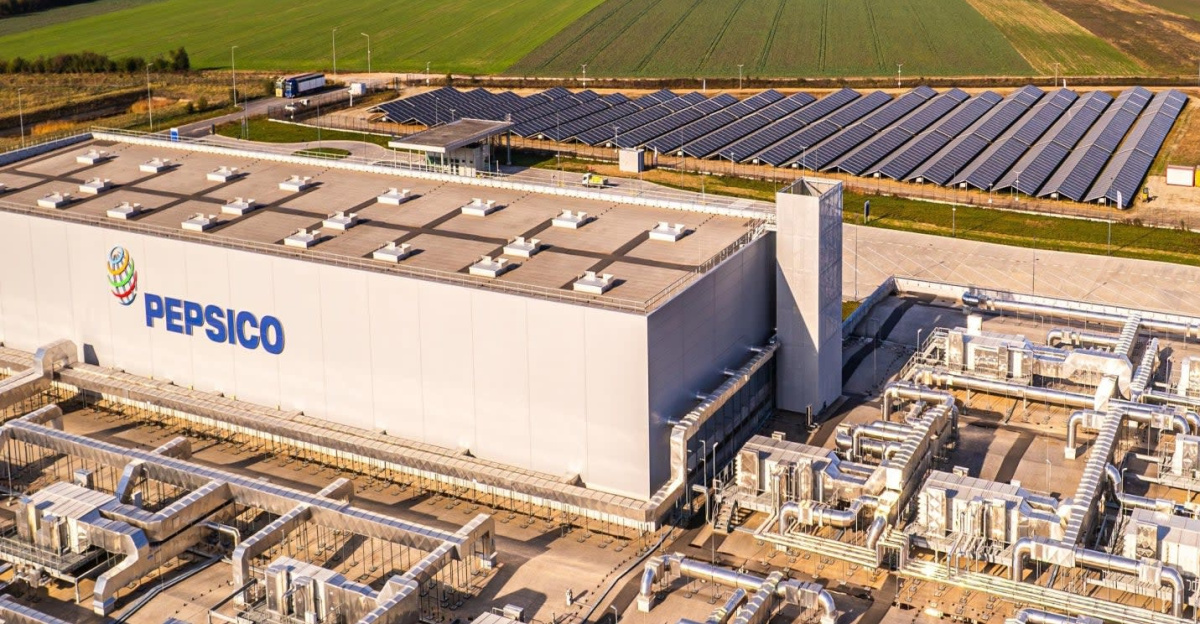
The Detroit plant’s closure ended over 80 years of operation and cost 83 jobs. Workers there received notices under the WARN Act, which requires advance notice, stating that production and maintenance would stop by September 27, 2025.
The company said that warehouse, delivery, sales, and service teams would stay in operation and promised to provide pay and benefits to workers during the transition.
Chicago Closure
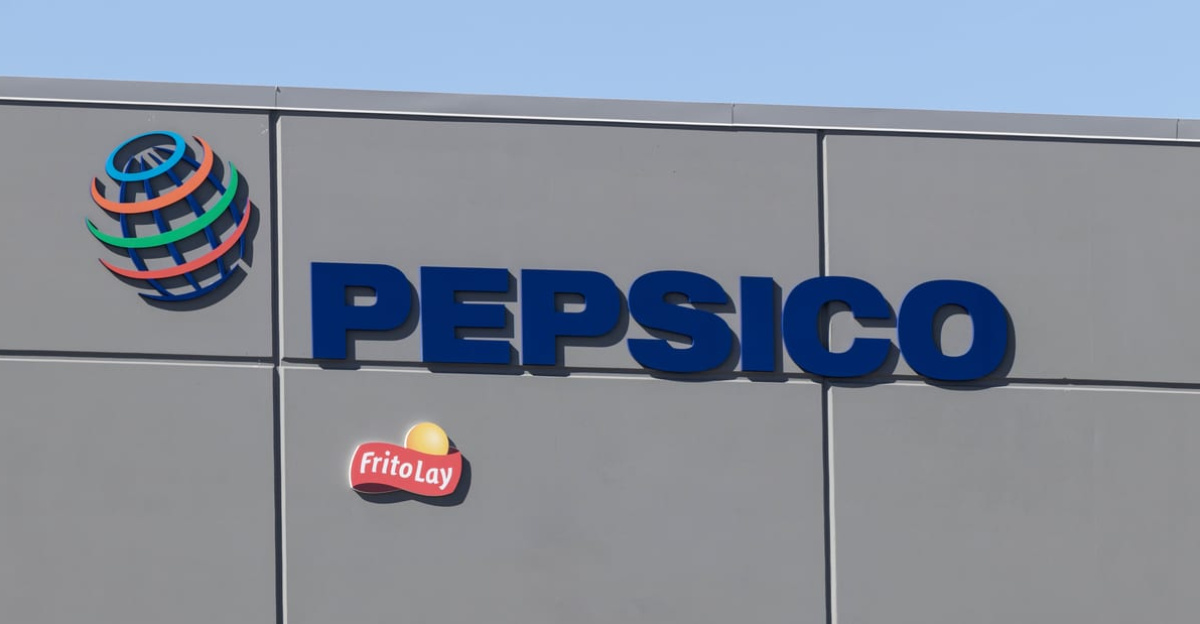
The Chicago plant on the South Side closed on October 28, 2024, with workers arriving to find the gates locked.
Union representatives said the shutdown happened months after talks in which the company did not mention closing the plant.
Many workers, even some with long histories at the site, lost their jobs after about 60 years of operation, affecting over 150 employees.
Supply Chain Effects
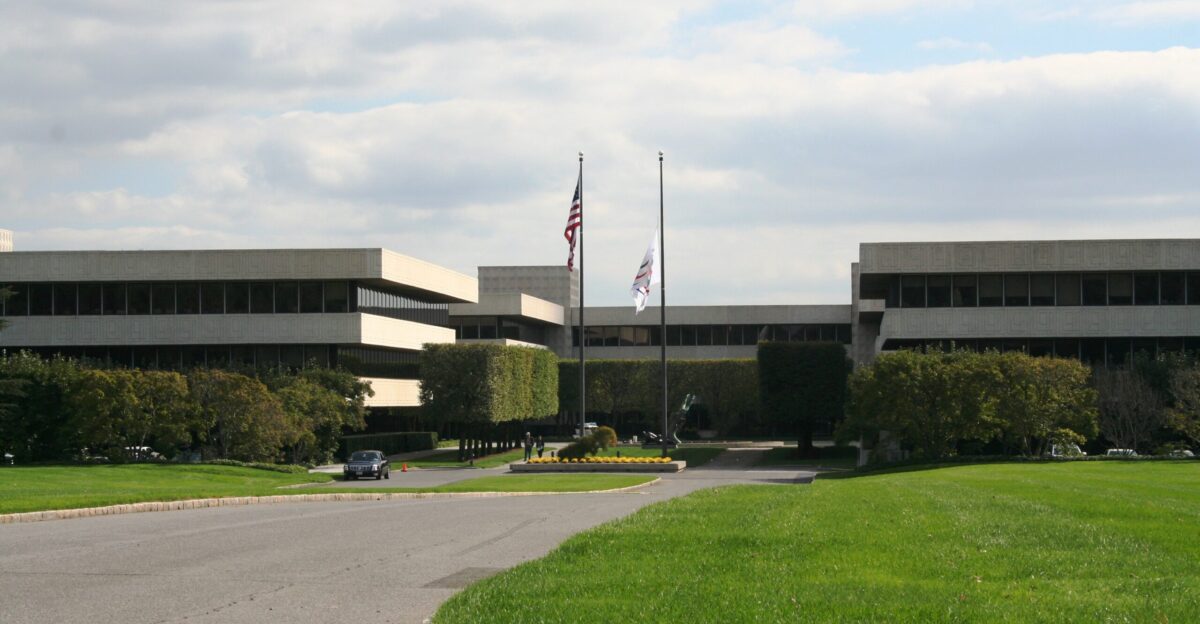
Experts say these factory closures will require PepsiCo to adjust how it supplies products, moving production to other locations farther away.
This means more transportation and less flexibility if issues arise at different plants. Still, the company assures customers that service will continue through alternative distribution methods.
Economic Analysis

Researchers see PepsiCo’s closures as part of a broader pattern in American manufacturing, especially in the Midwest.
Such closures often impact local communities because these factories employ many workers with different skills.
Some studies show that closing plants can create long-term economic challenges for towns and cities, especially when unions are involved.
Legal Challenges

The Teamsters union has filed lawsuits claiming PepsiCo broke the WARN Act by failing to give workers the required 60-day advance notice before closing several plants, particularly the South Side facility in Chicago.
Union officials say employees discovered the closure only days before operations ceased, leaving them with little time to prepare. The lawsuits also allege that PepsiCo did not calculate severance pay correctly, excluding overtime and certain benefits.
Teamsters Local 727 is seeking damages for lost wages and benefits, arguing that the abrupt shutdown violated federal and Illinois labor laws and devastated families who relied on these jobs.
Corporate Response
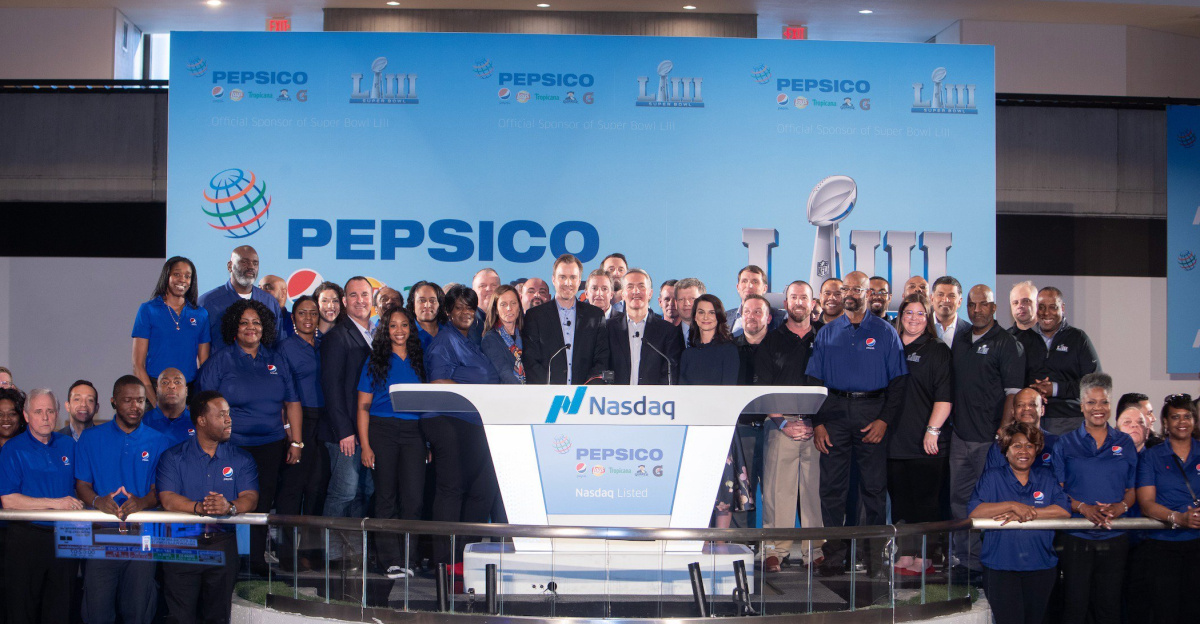
PepsiCo officials defend their decisions, saying the closures are necessary to improve efficiency and respond to market changes. They state that workers affected will get proper pay and benefits, and the company is helping them during the transition.
They also say the closures meet legal requirements and are part of a business strategy to adapt to market conditions. The company promises to keep serving customers through other means.
Technology Focus

PepsiCo’s push for automation and new technology explains some factory closings. CEO Ramon Laguarta highlighted investments in data systems and operational tools to boost efficiency.
Experts note that this focus on digital and automated systems is part of a larger trend in manufacturing to reduce costs and increase productivity.
Financial Performance

In the second quarter of 2025, PepsiCo beat Wall Street expectations, earning $2.12 per share compared to an expected $2.03.
The company’s revenue was $22.73 billion, higher than predicted, which caused its stock price to rise.
Although sales volumes in North America still face challenges, the improved profits are partly due to efficiency efforts and restructuring.
Management Communication
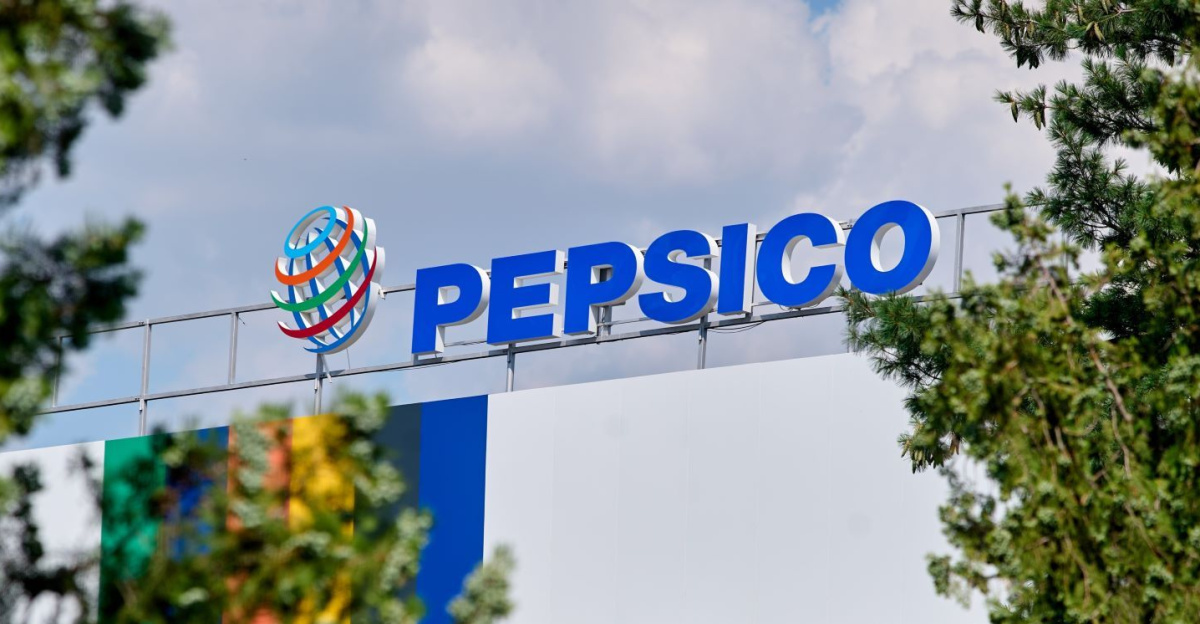
During earnings calls, PepsiCo leaders described the plant closures as part of a broader effort to improve operations, not just cost-cutting.
They expect better productivity in 2025, which will be helped by optimizing facilities and workforce changes.
The company emphasizes supporting workers during these changes and says restructuring is necessary to stay competitive in a changing market.
Future Considerations
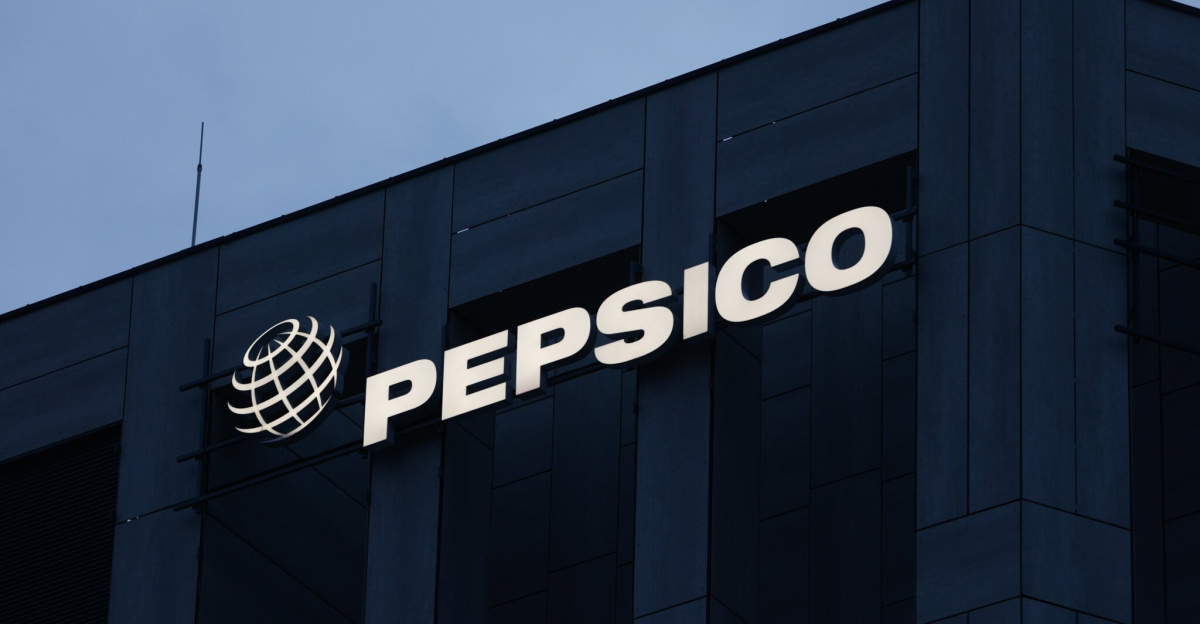
PepsiCo plans to continue adjusting its facilities, and analysts are watching for more changes beyond the Midwest. Industry watchers speculate that additional closures may be announced in other regions as the company intensifies its focus on efficiency and automation.
Given recent patterns, communities with strong union presences are particularly concerned, fearing their facilities could be next.
Local governments are ramping up workforce training and transition programs to assist employees affected by closures, while economic development agencies are seeking new investment to repurpose shuttered plants.
Regulatory Review
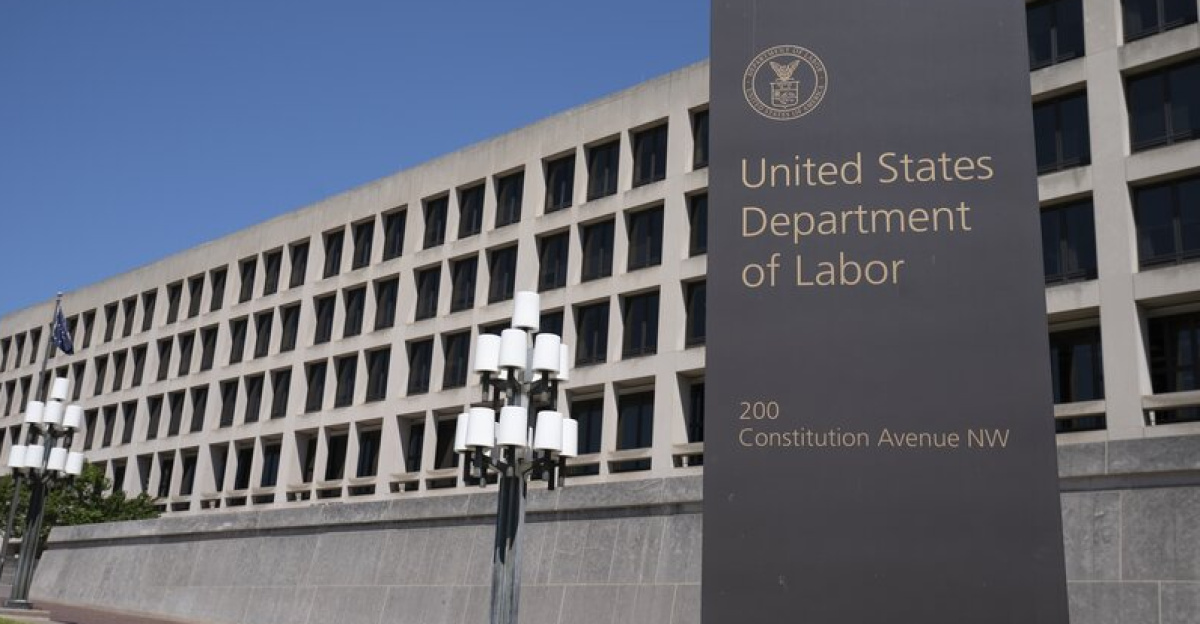
Lawmakers and state officials are checking whether PepsiCo followed federal rules for plant closures, especially the WARN Act. Labor departments in multiple states monitor compliance to ensure affected workers receive proper notice and support.
Attorneys general in Illinois and Michigan are reviewing the company’s process for giving notices and calculating severance pay, investigating whether employee protections were violated during the shutdowns.
Some officials have called for further investigation into potential patterns of abrupt closures and whether PepsiCo’s actions set a precedent for other large employers, given the public concern over lost manufacturing jobs and worker rights.
Industry Context
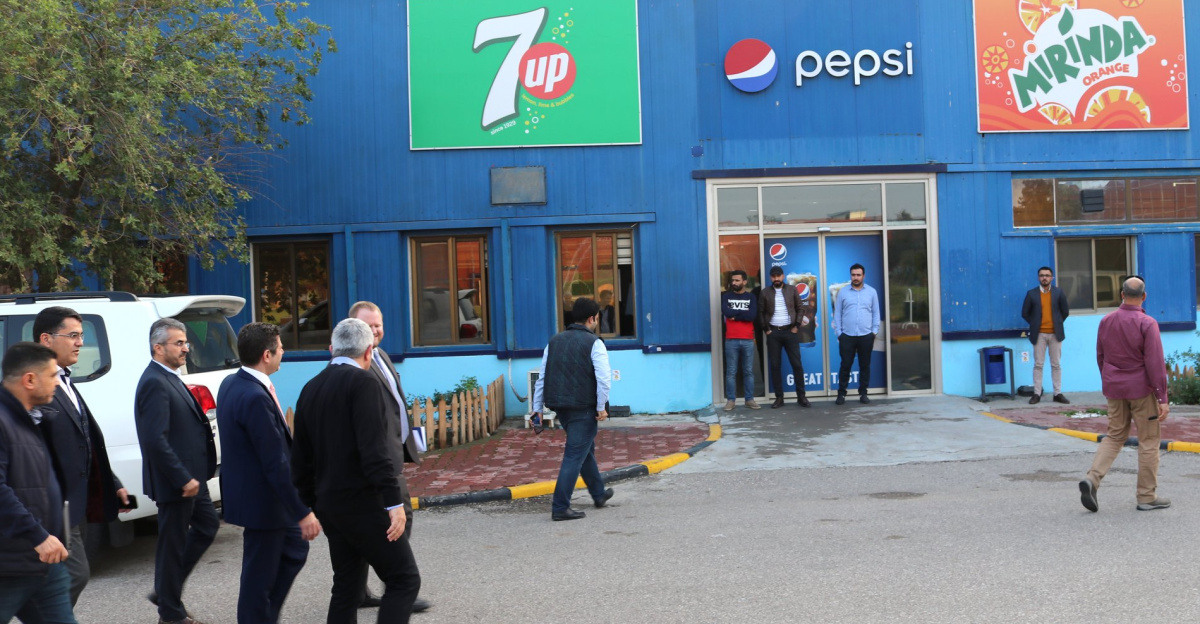
PepsiCo’s factory closures reflect a larger trend toward automation and efficiency in the food and beverage industry.
Industry groups see increased interest in new technology, which can create opportunities for competitors in regions where production has been cut.
These changes also affect suppliers and how companies plan their procurement and distribution.
Public Response

Social media has seen criticism of PepsiCo’s shutdown methods, with former workers sharing their stories and concerns. Many posts highlight the closures’ sudden and unexpected nature and have attracted significant online attention.
On Reddit, a laid-off employee wrote: “Just yesterday at noon, they did the same thing at our Cincinnati site. They gathered everyone together, announced that this operation was being closed down, and then escorted us out like we were cattle.”
The company’s official communications have mainly relied on traditional channels rather than direct engagement on social media.
Historical Context

PepsiCo’s current closures echo past periods of industrial change in the U.S., especially in the Midwest. Labor laws like the WARN Act originated from earlier experiences with plant shutdowns in the 1980s. Studies show that communities often take long to recover after major factory closures, which continue to shape the industrial landscape.
“The hope is that this two-month period is enough for workers to apply for and obtain unemployment insurance and look for new jobs, and for local government agencies to prepare and implement strategies to help.” Thomson Reuters commentary on the WARN Act
Summary Assessment
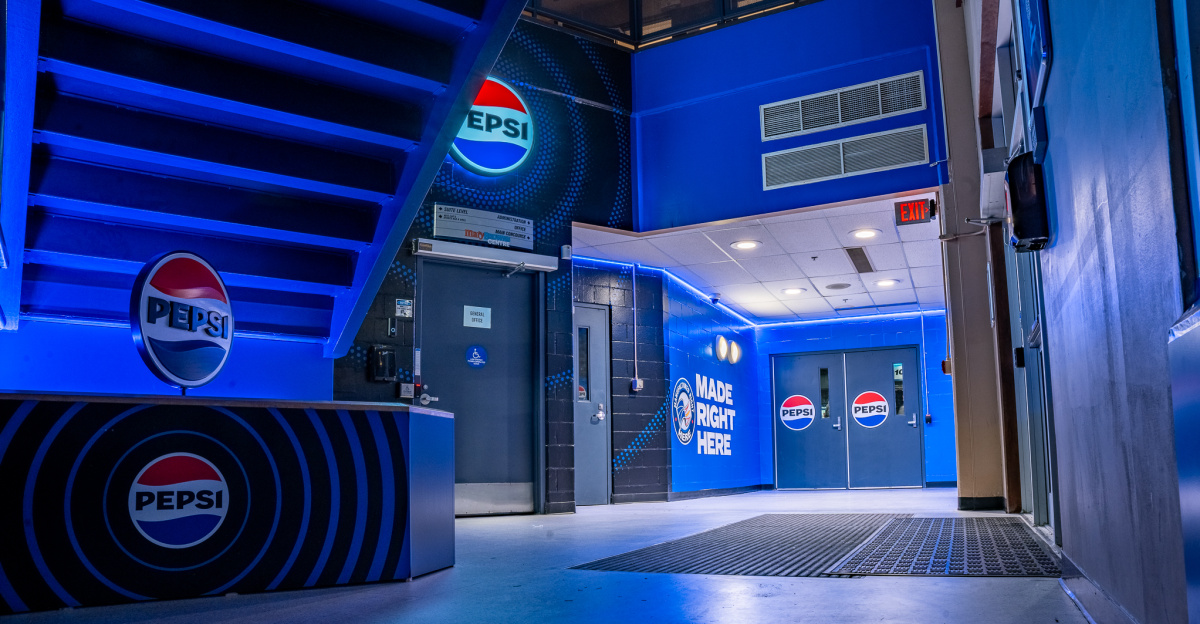
PepsiCo’s shutdown of several Midwest plants shows how big companies try to improve efficiency while affecting local communities. Although these efforts have helped the company’s finances, they have also caused numerous job losses and community concerns.
While the company says these changes are necessary to compete, they have also led to legal challenges and worries about worker treatment. These closures highlight ongoing tensions between corporate goals and the needs of manufacturing communities.